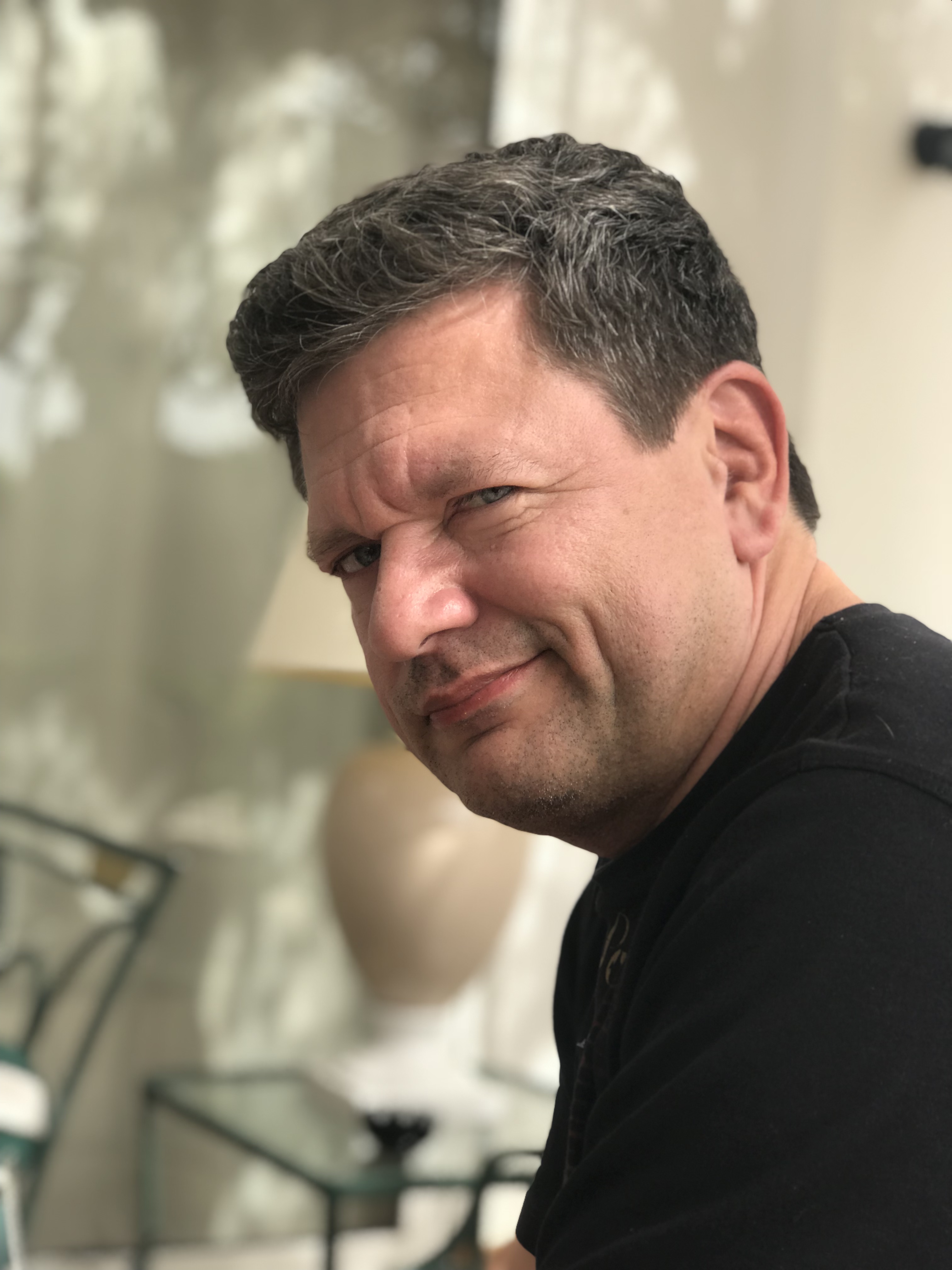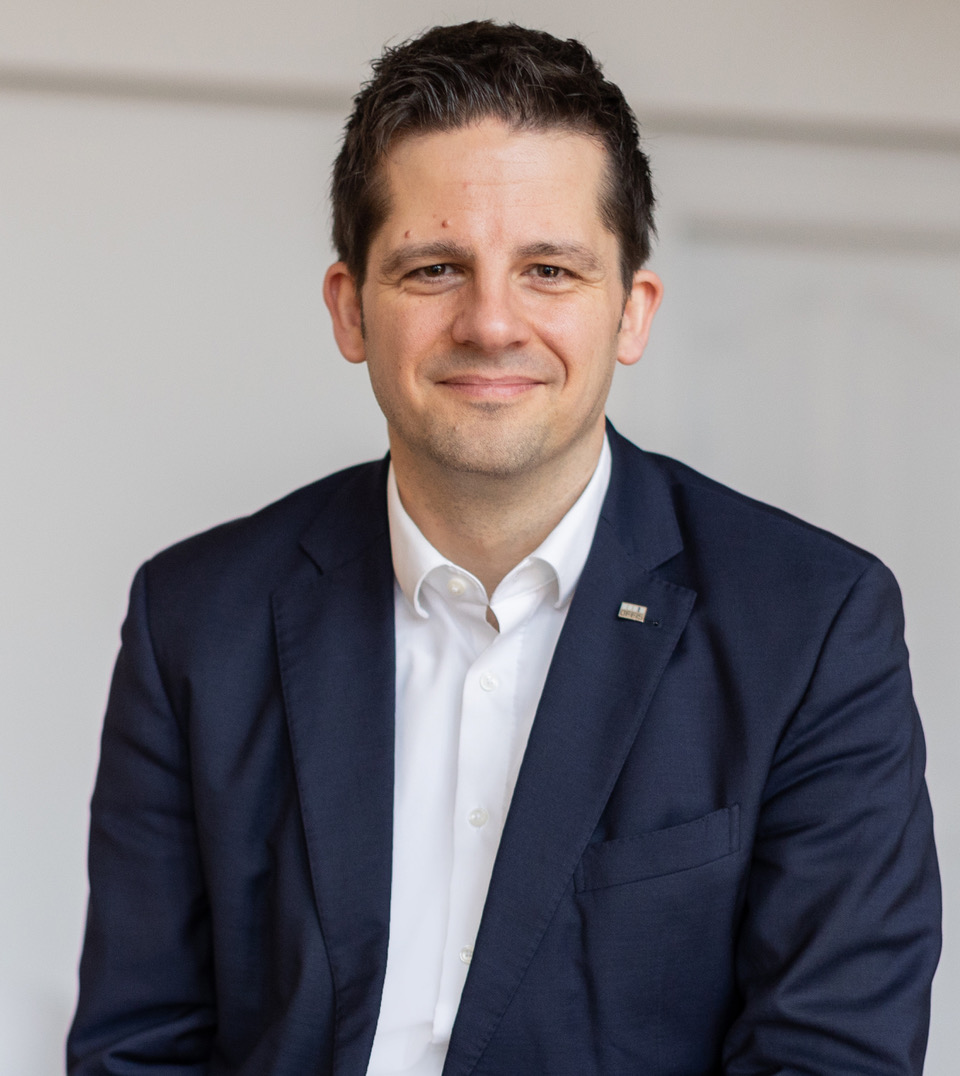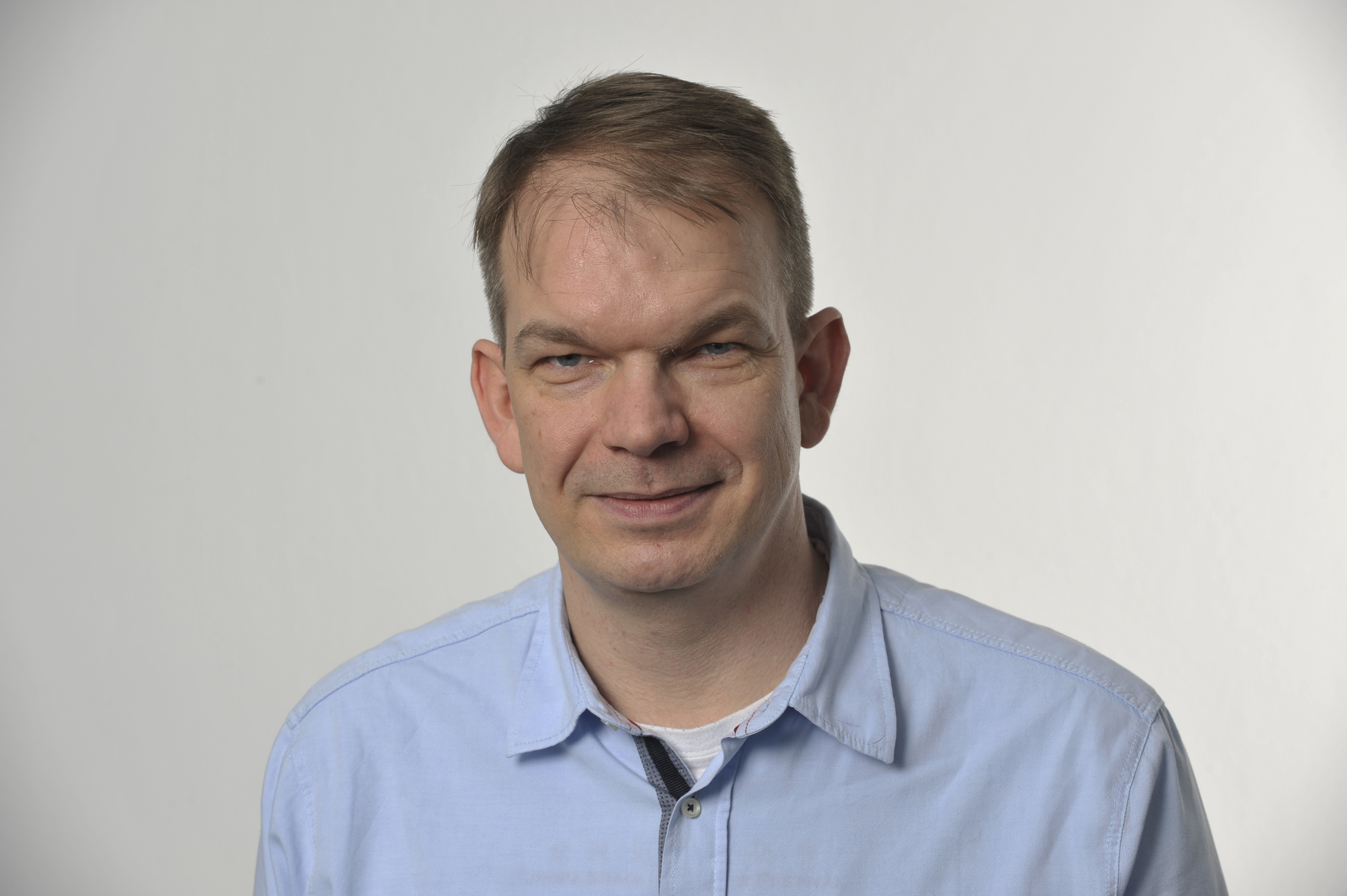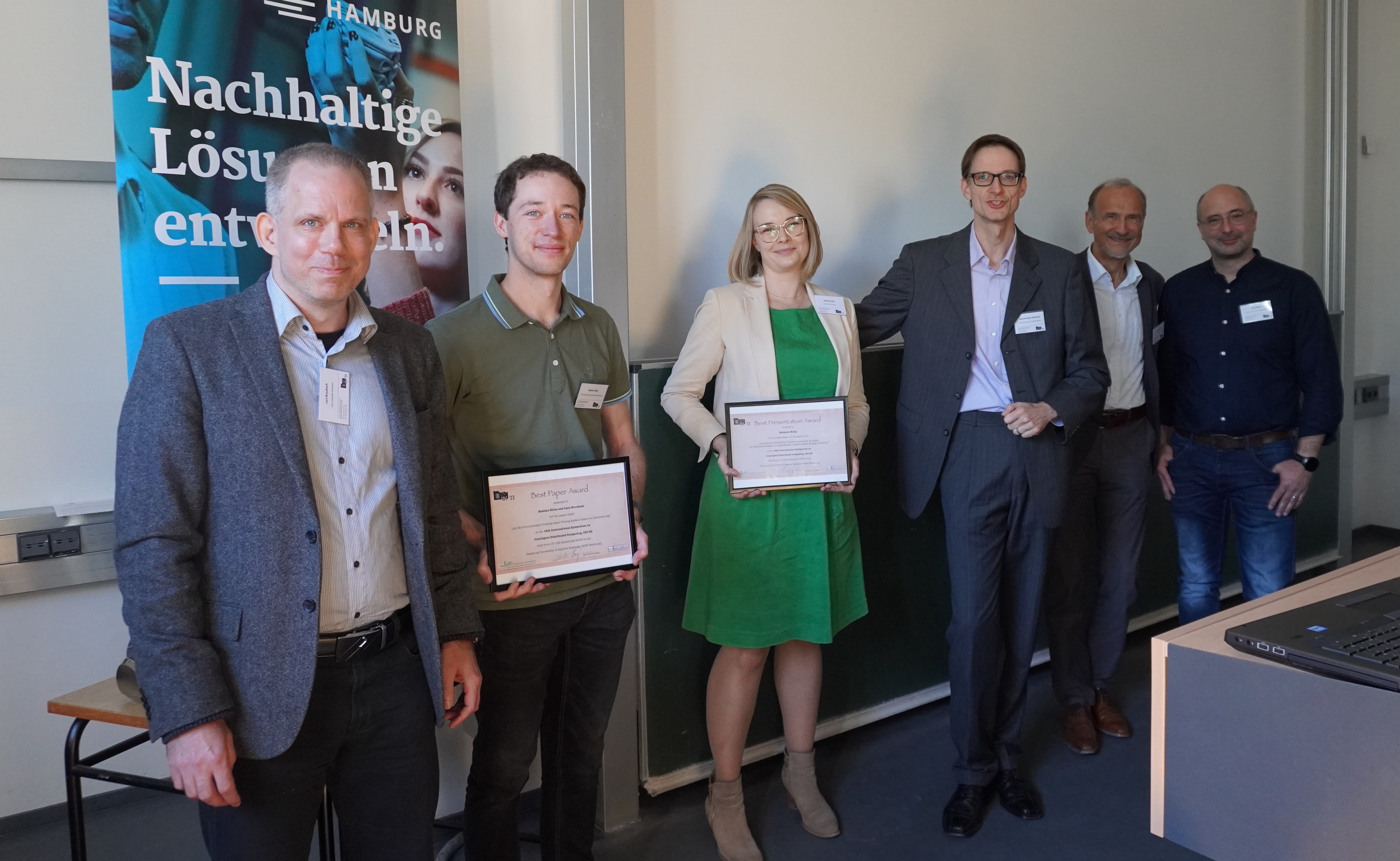The main goal of the IDC symposium is to gather researchers and practitioners to foster and ease rich discussions around the latest findings, research achievements and ideas in the area of Intelligent Distributed Computing.
The IDC 2023 provides an open forum for enhancing the collaboration between researchers, lecturers, and students from Intelligent Computing and Distributed Computing communities. Intelligent Computing covers a hybrid palette of methods, techniques and their applications ranging from classical artificial intelligence, information and data sciences, multi-agent technologies or computational intelligence to more recent trends such as swarm intelligence, bio-inspired computation, cloud computing, machine learning or social/cyber-physical trust and security. Distributed Computing develops methods and technology to build complex computational systems composed of collaborating software components scattered across diverse computational elements.
Thus, contributions are encouraged that focus on the following areas, but are not limited to:
IDC 2023 welcomes research works centered on all aspects of intelligent distributed computing, with an intention to balance between theoretical research contributions and their application to great variety of industrial cases. To this end, scholars and practitioners from academia and industrial fields are invited to submit high-quality original scientific contributions to IDC 2023. The structure of the symposium consists of regular sessions with technical contributions reviewed and selected by an international program committee, as well as of special sessions and workshops targeted on multi-disciplinary and cutting-edge topics.
Topics include, but are not restricted to:
Submission will undergo a peer review process and should not contain any identifying information about the authors or their universities. Submissions must not be under review elsewhere nor be submitted elsewhere while under review for IDC 2023 and should not consist of previously published material. Submissions not consistent with the above guidelines may be returned without review. Submissions and reviews are automatically and exclusively handled by the EasyChair conference system.
Please submit your paper at:
The proceedings will be published by Springer in the series Studies in Computational Intelligence.
dblp: International Symposium on Intelligent Distributed Computing (IDC)
Submissions to IDC 2023 are solicited in three categories:
General Chairs
Steering Committee
Program Committee
This is a second, new CfP since we decided with Springer to produce the proceedings after the conference.

Why NOT Blockchain?
Due to the successful development of crypto currencies over the past 14 years, researchers and innovators have been inspired by the technology to decentralise all possible business processes. Within the “blockchain in energy” community, there was a consensus that over 100 business processes will be moved to the blockchain sooner or later. Today, none of them is truly live. How could this happen? In his keynote, Michael Merz will tell the story of his own blockchain journey and how he developed from a blockchain protagonist to a disappointed critic. Michael will give several examples, how the technology fails and how small the residual terrain actually is for blockchain applications. But there is also good news: Some features such as anonymised data exchange can also be re-used for business processes with very specific requirements.
Michael Merz has studied computer science and received his PhD from University of Hamburg. He founded PONTON in the year 2001 and has demonstrated his expertise in various B2B integration projects over the past 22 years in several projects related to energy trading, grid operation and market platforms. He is expert in blockchain technology as PONTON has started developing blockchain-based infrastructures for energy trading (Enerchain) and grid management (Gridchain) during the years 2016 - 2020. Michael also contributes to research projects in energy trading such as NEW 4.0 and ETIBLOGG and he is author of the book "Blockchain for B2B Integration".

Trust Assessment in Distributed Energy Systems
Assessing the state of distributed power systems is necessary for operational management and critical anomaly detection. Their increasing complexity, e.g., due to digitalization, sector coupling, privatization, poses major challenges and leads to still unsolved fundamental sub-problems. However, solutions to these are required to both ensure human operation of an increasingly diverse energy system and to safely and reliably realize the distributed automation and optimization of this cyber-physical energy system. This talk will provide insight into the current challenges in this area and present solution approaches for state modeling (Trust-based State Assessment), large-scale anomaly detection (Correlation-based Anomaly Detection), and automated countermeasure development (Adversarial Resilience Learning). The presented work is embedded in current research projects of the energy department at the OFFIS Institute for Information Technology in Oldenburg.
Sebastian Lehnhoff is a Full Professor for Energy Informatics at the University of Oldenburg. He received his doctorate at the TU Dortmund University in 2009. Prof. Lehnhoff is chairman of the board of the OFFIS Institute for Information Technology and speaker of its Energy R&D division. He is board member of the section „Energy Informatics“ within the German Informatics Society (GI) as well as an active member of numerous committees and working groups focusing on ICT in future Smart Grids. In 2022 he has been appointed to the Board of Trustees of the Volkswagen Foundation (Volkswagen Stiftung). He is CTO of openKONSEQUENZ e.G. – registered co-operative industry association for the development of modular Open-Source SCADA/EMS. He serves as an Executive Board Member of the Energy Research Centre of Lower Saxony (EFZN) as well as an Executive Committee Member of the ACM Special Interest Group on Energy Systems and Informatics (SIGEnergy). Prof. Lehnhoff is member of the German Academy of Science and Engineering (acatech) as well as a member of the Berlin-Brandenburg Academy of Sciences and Humanities (BBAW). He is author of over 180 refereed and peer-reviewed scientific publications.

New distributed cloud- and network architecture for true 3D Holography
XR-technologies have gained significant popularity across various domains, including gaming, entertainment, education, and industry. However, the resource-intensive nature of XR applications poses challenges in terms of processing power, energy consumption, and mobility. To address these challenges, split computing has emerged as a promising solution in first outlines of future network architectures like 5G/6G. But here end-to-end latency and bandwidth become challenges especially in case of 3D holography as a demanding example for an XR service. This presentation introduces the “6G NeXt” project, its real-world issues, scientific challenges as well as first approaches for a high-performance architecture supporting distributed 3D capturing and rendering of holograms.
Ingo Friese is an Engineer for Communication Technology, with more than 25 years of experience within the Telco industry. He currently holds the role of a Software Architect at T-Labs, a key innovation unit of Deutsche Telekom within the Group Technology division. Following the completion of his studies in 1996, Ingo initially served at a Telekom Operations Unit, where he played a pivotal role in the roll out of ADSL technology. In 2000, he transitioned to the position of a R&D Expert at BERKOM, a pioneering innovation firm concentrating on internet technologies. In 2008, Ingo made the move to T-Labs within Deutsche Telekom, actively participating in a range of both national and European research initiatives centered around communication technologies, Identity Management, Internet of Things, and Smart City solutions. His contributions extend to several standardization organizations, including Liberty Alliance, Kantara Initiative, IEEE, and oneM2M. At present, Ingo is member of the Spatial Computing Department, where his primary focus entails investigating the implications and prerequisites of Extended Reality (XR) technologies on network and cloud infrastructure.
Accepted Papers

IDC Closing Session (15.09.2023)
f.l.t.r.: Lars Braubach & Bastian Silies (Best Paper Award), Stefanie Holly (Best Presentation Award), Michael Köhler-Bußmeier, Wolfgang Renz and Jan Sudeikat
Welcome to Hamburg
Hamburg University of Applied Sciences
Berliner Tor 5, 20099 Hamburg, Germany
Email: IDC2023<at>haw-hamburg.de

IDC'2007, Craiova, Romania
IDC'2008, Catania, Italy
IDC'2009, Aya Napa, Cyprus
IDC'2010, Tanger, Marocco
IDC'2011, Delft, Netherlands
IDC'2012, Calabria, Italy
IDC'2013, Prague, Czech Rep.
IDC'2014, Madrid, Spain
IDC'2015, Guimarães, Portugal
IDC'2016, Paris, France
IDC'2017, Belgrade, Serbia
IDC'2018, Bilbao, Spain
IDC'2019, Saint-Petersburg, Russia
IDC'2020/IDC'2021, online, Italy
IDC'2022, online, Bremen & Brandenburg on the Havel, Germany
Bibliographic information available at the dblp computer science bibliography